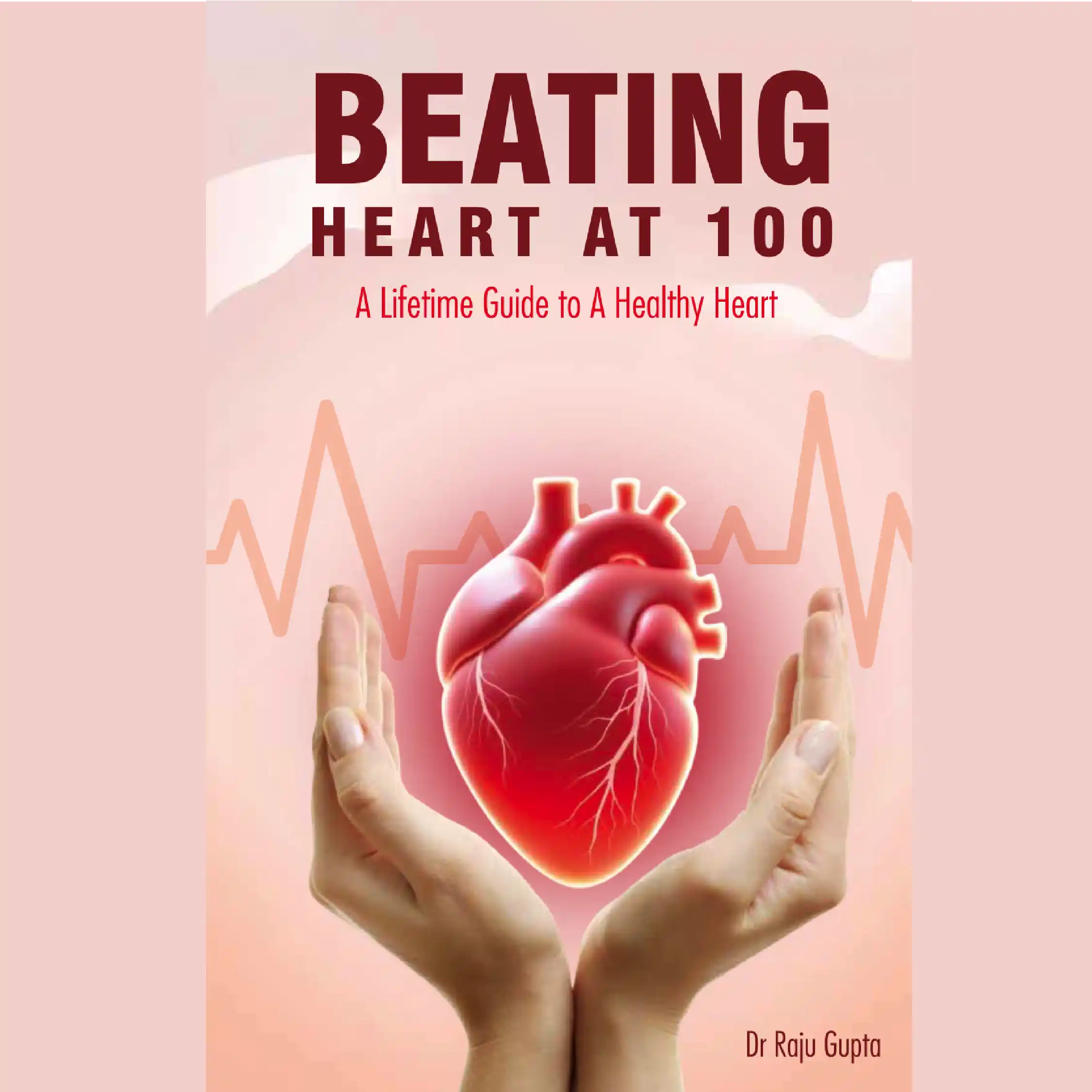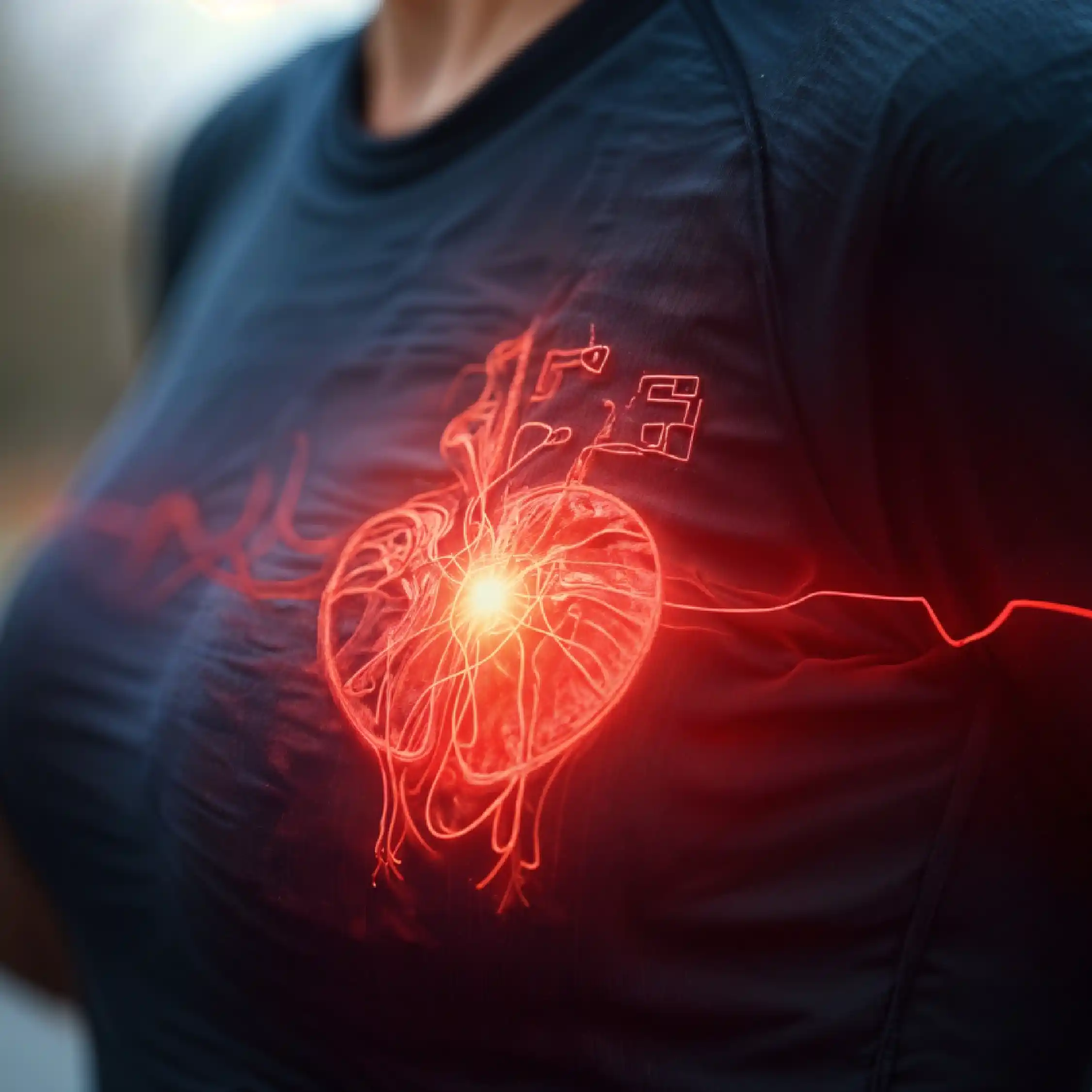The Great Post-COVID Mystery
When the pandemic wave began to settle, doctors across the world started getting the same complaint from patients who’d “recovered.” “Doctor, I’m always tired.” “Doctor, I can’t focus anymore.” “Doctor, I was fine before COVID, but now even walking makes me breathless.” Initially, it was dismissed as stress, burnout, or the psychological aftermath of the pandemic. But medical research soon caught up with the reality: COVID wasn’t just a respiratory infection. It was an endothelial and cardiovascular disease — one that left long shadows even after recovery.What’s Actually Happening Inside
The heart is not just a pump. It’s the power plant of your body. And during COVID, many people — even with mild infections — developed subtle inflammation in the heart and blood vessels. This inflammation didn’t always cause pain or visible symptoms. But it slowed oxygen delivery, disrupted the heart’s rhythm, and left behind a system running on half-charge. Imagine your heart as an iPhone battery that’s been through too many charging cycles. It still works — but drains faster than before. That’s post-COVID fatigue in one line.The Science Behind the Sluggishness
Here’s what researchers have found so far:- Myocardial Inflammation: The virus or the immune response can cause inflammation in the heart muscle (myocarditis), reducing pumping efficiency.
- Microclots & Poor Circulation: COVID can trigger microclots — tiny blockages that restrict blood flow and oxygen delivery to tissues.
- Autonomic Nervous System Imbalance: The body’s “auto-pilot” (which manages heart rate, temperature, and blood pressure) gets scrambled — leading to dizziness, palpitations, and fatigue.
- Mitochondrial Fatigue: Cells lose their ability to produce energy efficiently — the biological equivalent of running on backup power all day.
Humor Break: The Post-COVID “New Normal”
Before COVID: You ran 5 kilometers before breakfast. After COVID: You need breakfast before checking email. Before: “I’ll hit the gym today.” After: “I’ll hit the pillow today.” We’ve all met someone — or been someone — who said, “It’s just laziness.” No, it’s biology trying to recover from a war it never signed up for.The Global Wake-Up Call
According to The Lancet (2023), nearly 1 in 5 COVID survivors experience prolonged fatigue lasting three months or more. A Harvard Medical School review found that even people with mild or asymptomatic infections showed reduced heart rate variability and impaired oxygen uptake months later — key signs of hidden cardiovascular stress. And here’s the kicker: Young, active adults — especially those under 40 — make up a large portion of these “long-COVID” fatigue cases. Because being fit doesn’t always mean being healed.The Real-World Impact: Why This Matters
Fatigue isn’t just about low energy. It’s a chain reaction that affects every part of life.- Productivity drops.
- Motivation sinks.
- Sleep gets disturbed.
- Anxiety creeps in (“Why am I not getting better?”).
Deep Thinking: What the Pandemic Taught Us About Energy
If the pre-COVID world was obsessed with “hustle,” post-COVID life is forcing us to learn “balance.” The virus didn’t just slow our bodies — it slowed our perspective. We now know that:- Productivity isn’t the same as health.
- Sleep isn’t optional.
- And ignoring small symptoms is not bravery — it’s neglect in disguise.
How to Heal: The Heart-Friendly Recovery Blueprint
If you’re struggling with post-COVID fatigue, here’s what leading cardiologists and wellness experts recommend:1. Get a Heart Check-Up (Yes, Even If You’re Young)
Ask your doctor for:- ECG
- Echocardiogram
- CRP (inflammation marker)
- ApoB & Lp(a) (for lipid-related heart risk)



